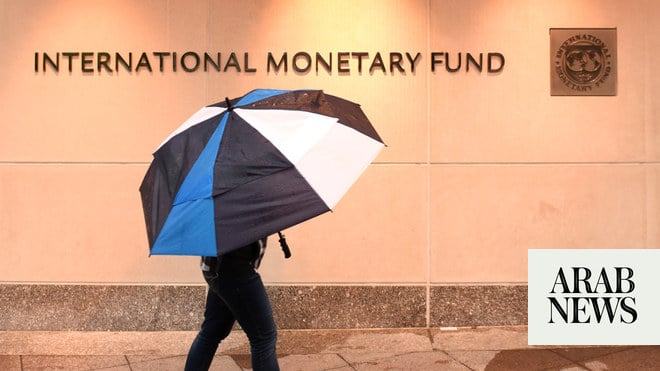
RIYADH: Egypt will need to mobilize funds from its global partners to close a $17 billion financing gap in the coming years, the International Monetary Fund has said.
The Washington-based lender approved a 46-month arrangement of $3 billion under the Extended Fund Facility for the North African country to preserve macroeconomic stability, restore buffers and pave the way for inclusive and private sector growth.
The policy package supported by the EFF aims to unlock substantial additional financing from Egypt’s partners, including non-traditional financing in the form of investments.
Egypt is facing exceptional balance of payments pressures, including spillovers from the war in Ukraine. In particular, the war has led to lost tourism receipts and a higher food import bill. It also triggered a large capital outflow amid the authorities’ stabilization of the exchange rate, which led to large reserve losses.
Overall, there is an estimated financing gap of $17 billion that will need to be closed with official financing, including from the Fund. Additionally, given that Egypt has already exceeded the normal access limit under the standby arrangement, access to financing under an EFF arrangement will require exceptional access.
The World Bank and other multilateral institutions have continued to be strong supporters of Egypt’s reform program. In addition, the Gulf Cooperation Council countries have assured to roll over deposits at the Central Bank of Egypt through the end of the IMF-promoted program.
“Their assurance to bringing fresh financing through investments in Egypt is a critical part of the program’s financing strategy,” said the IMF in a report.
“Due to the investment nature of the external financing expected from GCC partners, financing assurances of $6.7 billion expected from GCC partners in the next three years carry risks,” the report added.
The proposed EFF arrangement with its underlying economic program is intended to help Egypt alleviate immediate economic challenges, strengthen policy frameworks and deepen structural reforms.
The economic program aims to achieve macroeconomic stabilization in the short term, strengthen resilience, and lift potential growth over the medium term. As a result, growth is expected to recover gradually and inflation, anchored by data-dependent monetary policy, is expected to converge to around 7 percent, the report said.
A return to a sustained primary surplus of above 2 percent of gross domestic product over the medium term would reduce general government debt to around 78 percent of GDP by 2027.












